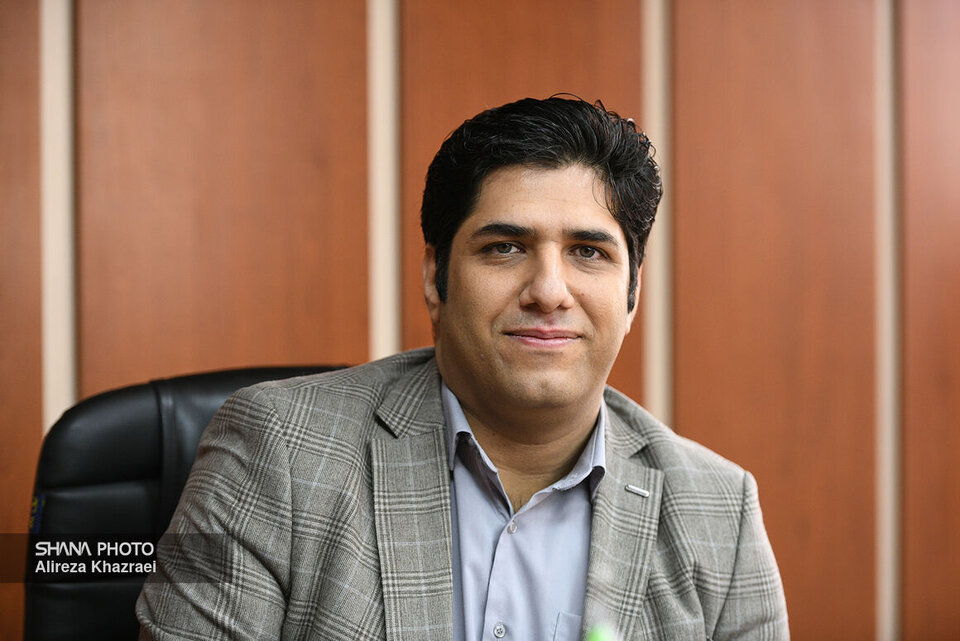He stated that while smugglers constantly devise new methods to evade oversight, this initiative employs advanced technologies to create a sustained and effective fight against smuggling, discouraging many profiteers from continuing illegal activities.
Pouya Ma’arefi explained that the Real-Time Monitoring Plan for the supply and distribution chain of petroleum products stems from a legal provision in the Seventh Five-Year Development Plan of the Islamic Republic of Iran. Under Article 44, the Ministry of Oil is mandated to install mass metering systems and establish a smart energy management system across the production, transmission and distribution chains of crude oil, gas, and petroleum and petrochemical products.
He added that the plan aims to closely monitor petroleum products at all stages—production, transmission and distribution—across four major oil companies. Partial implementation is expected by the end of 1404 (March 2026).
The project includes a wide range of metering systems, from crude oil delivery to refineries to fuel distribution to end consumers. It also addresses pipeline protection for the Oil Pipelines and Telecommunications Company, with plans to equip 14,000 kilometers of pipelines with automatic and intelligent leak detection systems.
Ma’arefi noted that the new systems will include buried fiber optics along 9,500 kilometers of oil pipelines, helping reduce smuggling risks and enhance physical security. Eighteen work packages have been defined under four main projects. After evaluating companies active in this field, a memorandum of understanding was signed in February 2025 (Bahman 1403) between MAPNA, Irancell and Oil Design and Construction Company (ODCC) as contracting partners, and the National Oil Engineering and Construction Company representing the National Iranian Oil Refining and Distribution Company.
Following the MoU, contract finalization and executive permits were completed. All legal and technical documents are now ready for project implementation.
Monitoring systems to operate with highest cybersecurity standards
Regarding the security of the new systems, Ma’arefi stated that safeguards cover both hardware and software. Smart sensors will be installed on fuel tankers, and certification from the Passive Defense Organization is underway.
He emphasized that the monitoring systems operate under the Passive Defense Organization’s supervision, with necessary certifications for programming security, data transmission platforms and communication infrastructure. The data network is entirely separate from the global internet, running on dedicated national or corporate networks.
Security layers minimize cyber threats and successfully block sabotage attempts. "We comply with all data security regulations, ensuring the monitoring systems are built with the highest cybersecurity standards," he said.
Deterring illegal activities
On measures to prevent fuel smuggling, Ma’arefi said: "We are installing metering systems at pipeline endpoints and deploying protective systems along pipeline corridors to minimize breaches."
While smugglers constantly adapt, this project uses advanced technology to create a sustained and effective countermeasure. "The design discourages many profiteers from continuing illegal operations," he added.
Funding has been allocated under the relevant legal provision, and key permits are in final stages. Once obtained, official execution will begin.
Gov’t, regulatory cooperation
Ma’arefi highlighted close collaboration with state and regulatory bodies, including the Presidential Office, Anti-Smuggling Headquarters, law enforcement, the Energy Ministry and other executive agencies, ensuring continuous data exchange.
He stressed the importance of inter-ministerial coordination, as petroleum product distribution involves multiple entities. A dedicated headquarters manages this coordination.
Preliminary engineering and design work has begun to expedite project execution. Metering systems, tanker monitoring and other key components are being developed in parallel.


Your Comment